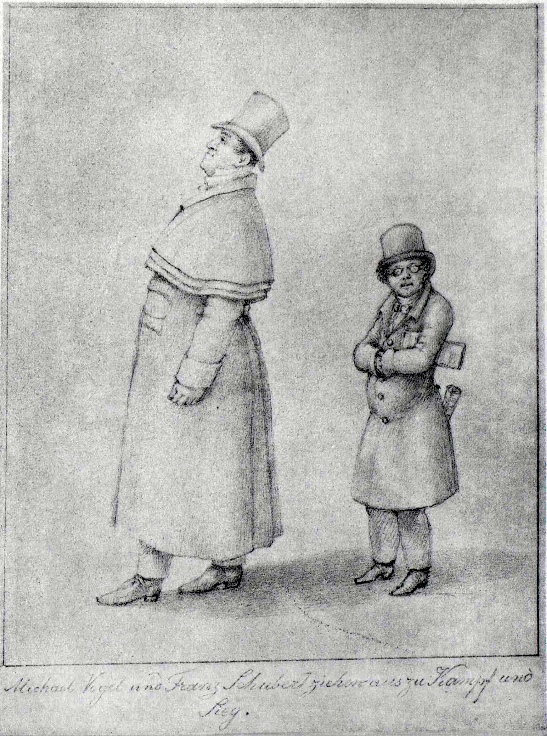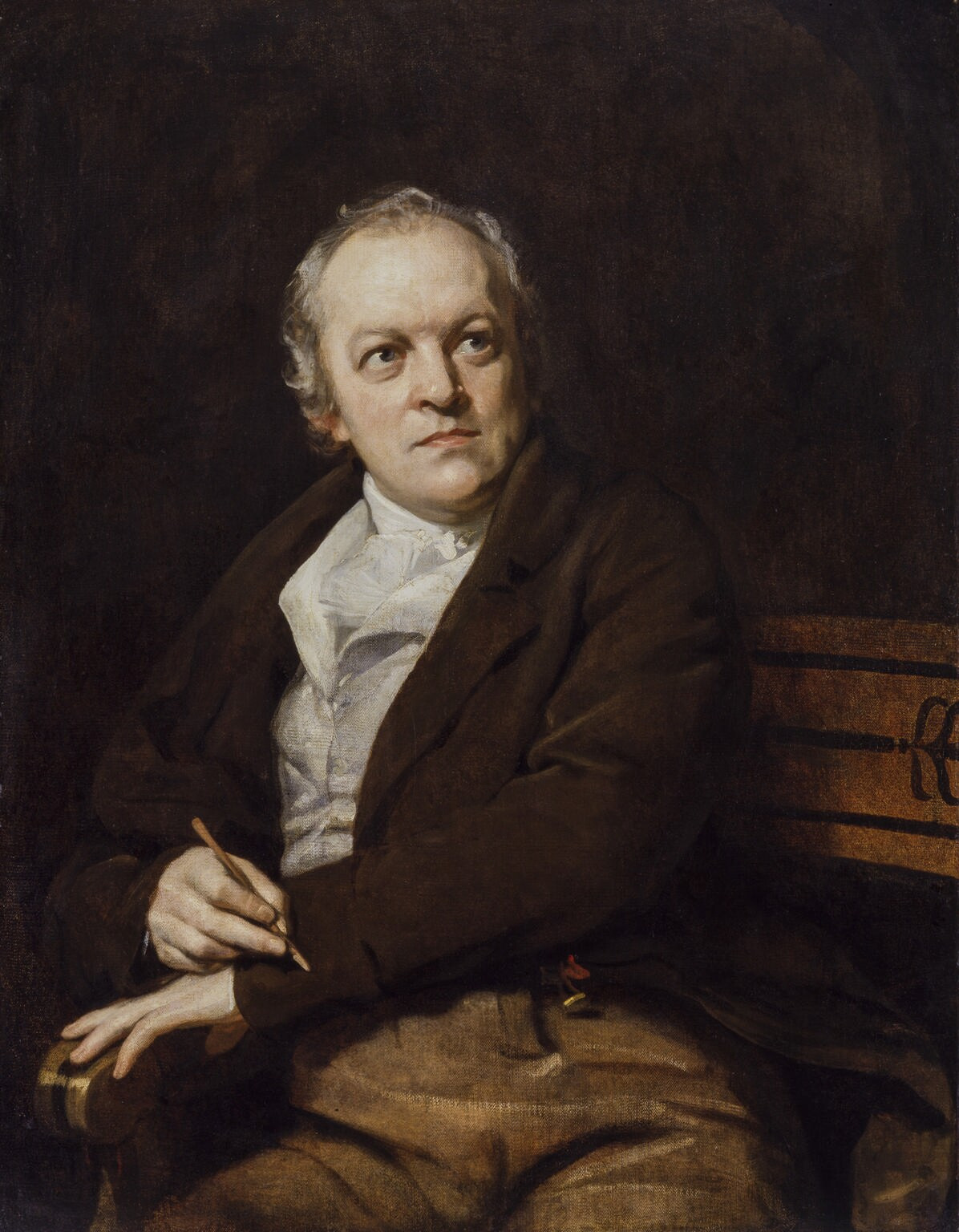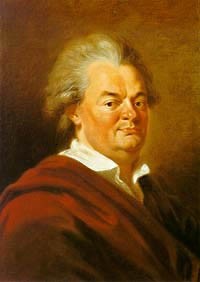|
Setting (music)
A musical setting is a musical composition that is written on the basis of a literary work. The literary work is said to be ''set'', or adapted, ''to music''. Musical settings include choral music and other vocal music. A musical setting is made to particular words, such as poems. By contrast, a musical arrangement is a musical reconceptualization of a previously composed work, rather than a brand new piece of music. An arrangement often refers to a change in medium or style and can be instrumental, not necessarily vocal music. Texts commonly used in choral settings include the mass and the requiem in Western Christianity, and the Divine Liturgy of St. John Chrysostom and the All-night vigil in Eastern Christianity. Examples include Mozart's Great Mass, and Leontovych's Liturgy of St. John Chrysostom. A poem that has been set to music is known as an art song or Lied (German variant). Composers known for their art songs include Franz Schubert and Robert Schumann. Some notable se ... [...More Info...] [...Related Items...] OR: [Wikipedia] [Google] [Baidu] |
Musical Composition
Musical composition can refer to an Originality, original piece or work of music, either Human voice, vocal or Musical instrument, instrumental, the musical form, structure of a musical piece or to the process of creating or writing a new piece of music. People who create new compositions are called composers. Composers of primarily songs are usually called songwriters; with songs, the person who writes lyrics for a song is the lyricist. In many cultures, including Western classical music, the act of composing typically includes the creation of music notation, such as a sheet music, sheet music "score", which is then performed by the composer or by other musicians. In popular music and Folk music, traditional music, songwriting may involve the creation of a basic outline of the song, called the lead sheet, which sets out the melody, lyrics and chord progression. In classical music, orchestration (choosing the instruments of a large music ensemble such as an orchestra which will ... [...More Info...] [...Related Items...] OR: [Wikipedia] [Google] [Baidu] |
Franz Schubert
Franz Peter Schubert (; ; 31 January 179719 November 1828) was an Austrian composer of the late Classical period (music), Classical and early Romantic music, Romantic eras. Despite his short life, Schubert left behind a List of compositions by Franz Schubert, vast ''oeuvre'', including more than 600 ''Lieder'' (art songs in German) and other vocal works, seven complete symphonies, sacred music, operas, incidental music, and a large body of piano and chamber music. His major works include "Erlkönig (Schubert), Erlkönig", "Gretchen am Spinnrade", and "Ave Maria (Schubert), Ave Maria"; the Trout Quintet, ''Trout'' Quintet; the Symphony No. 8 (Schubert), Symphony No. 8 in B minor (''Unfinished''); the Symphony No. 9 (Schubert), Symphony No. 9 in C major (''Great''); the String Quartet No. 14 (Schubert), String Quartet No. 14 in D minor (''Death and the Maiden''); the String Quintet (Schubert), String Quintet in C major; the Impromptus (Schubert), Impromptus for solo piano; the S ... [...More Info...] [...Related Items...] OR: [Wikipedia] [Google] [Baidu] |
Church Music
Church music is a genre of Christian music written for performance in church, or any musical setting of ecclesiastical liturgy, or music set to words expressing propositions of a sacred nature, such as a hymn. History Early Christian music The only record of communal song in the Gospels is the last meeting of the disciples before the Crucifixion. Outside the Gospels, there is a reference to St. Paul encouraging the Ephesians and Colossians to use psalms, hymns and spiritual songs. Later, there is a reference in Pliny the Younger who writes to the emperor Trajan (53–117) asking for advice about how to persecute the Christians in Bithynia, and describing their practice of gathering before sunrise and repeating antiphonally "a hymn to Christ, as to God". Antiphonal psalmody is the singing or musical playing of psalms by alternating groups of performers. The peculiar mirror structure of the Hebrew psalms makes it likely that the antiphonal method originated in the servic ... [...More Info...] [...Related Items...] OR: [Wikipedia] [Google] [Baidu] |
List Of Songs Based On Poems
A list is a set of discrete items of information collected and set forth in some format for utility, entertainment, or other purposes. A list may be memorialized in any number of ways, including existing only in the mind of the list-maker, but lists are frequently written down on paper, or maintained electronically. Lists are "most frequently a tool", and "one does not ''read'' but only ''uses'' a list: one looks up the relevant information in it, but usually does not need to deal with it as a whole". Lucie Doležalová,The Potential and Limitations of Studying Lists, in Lucie Doležalová, ed., ''The Charm of a List: From the Sumerians to Computerised Data Processing'' (2009). Purpose It has been observed that, with a few exceptions, "the scholarship on lists remains fragmented". David Wallechinsky, a co-author of '' The Book of Lists'', described the attraction of lists as being "because we live in an era of overstimulation, especially in terms of information, and lists help ... [...More Info...] [...Related Items...] OR: [Wikipedia] [Google] [Baidu] |
And Did Those Feet In Ancient Time
"And did those feet in ancient time" is a poem by William Blake from the preface to his epic '' Milton: A Poem in Two Books'', one of a collection of writings known as the Prophetic Books. The date of 1804 on the title page is probably when the plates were begun, but the poem was printed .Cox, Michael, editor, ''The Concise Oxford Chronology of English Literature'', "1808", p 289, Oxford University Press, 2004, Today it is best known as the hymn "Jerusalem", with music written by Sir Hubert Parry in 1916. The famous orchestration was written by Sir Edward Elgar. It is not to be confused with another poem, much longer and larger in scope and also by Blake, called '' Jerusalem: The Emanation of the Giant Albion''. It is often assumed that the poem was inspired by the apocryphal story that a young Jesus, accompanied by Joseph of Arimathea, a tin merchant, travelled to what is now England and visited Glastonbury during his unknown years.Icons – a portrait of England. Icon: Jerus ... [...More Info...] [...Related Items...] OR: [Wikipedia] [Google] [Baidu] |
William Blake
William Blake (28 November 1757 – 12 August 1827) was an English poet, painter, and printmaker. Largely unrecognised during his life, Blake has become a seminal figure in the history of the Romantic poetry, poetry and visual art of the Romanticism, Romantic Age. What he called his "William Blake's prophetic books, prophetic works" were said by 20th-century critic Northrop Frye to form "what is in proportion to its merits the least read body of poetry in the English language". While he lived in London his entire life, except for three years spent in Felpham, he produced a diverse and symbolically rich collection of works, which embraced the imagination as "the body of God", or "human existence itself". Although Blake was considered mad by contemporaries for his idiosyncratic views, he came to be highly regarded by later critics and readers for his expressiveness and creativity, and for the philosophical and mystical undercurrents within his work. His paintings and poetry have ... [...More Info...] [...Related Items...] OR: [Wikipedia] [Google] [Baidu] |
Hubert Parry
Sir Charles Hubert Hastings Parry, 1st Baronet (27 February 1848 – 7 October 1918), was an English composer, teacher and historian of music. Born in Richmond Hill, Bournemouth, Parry's first major works appeared in 1880. As a composer he is best known for the choral song "And did those feet in ancient time#By Hubert Parry, Jerusalem", his 1902 setting for the coronation anthem "I was glad", the choral and orchestral ode ''Blest Pair of Sirens'', and the hymn tune "Repton", which sets the words "Dear Lord and Father of Mankind". His orchestral works include five symphonies and a set of Symphonic Variations. He also composed the music for ''Ode to Newfoundland'', the Newfoundland and Labrador provincial anthem (and former national anthem). After early attempts to work in insurance at his father's behest, Parry was taken up by George Grove, first as a contributor to Grove's massive ''The New Grove Dictionary of Music and Musicians, Dictionary of Music and Musicians'' in the 1870 ... [...More Info...] [...Related Items...] OR: [Wikipedia] [Google] [Baidu] |
Requiem (Verdi)
The ''Messa da Requiem'' is a musical setting of the Catholic funeral mass (Requiem) for four soloists, double choir and orchestra by Giuseppe Verdi. It was composed in memory of Alessandro Manzoni, whom Verdi admired, and therefore also referred to as the ''Manzoni Requiem''. The first performance, at the San Marco church in Milan on 22 May 1874, conducted by the composer, marked the first anniversary of Manzoni's death. It was followed three days later by the same performers at La Scala. Verdi conducted his work at major venues in Europe. Verdi composed the last part of the text, ''Libera me'', first, as his contribution to the '' Messa per Rossini'' that he had begun after Gioachino Rossini had died, already contained the music that later begins the ''Dies irae'' sequence. Considered too operatic to be performed in a liturgical setting, the Requiem is usually given in concert form; it takes around 90 minutes to perform. Musicologist David Rosen calls it "probably the most fr ... [...More Info...] [...Related Items...] OR: [Wikipedia] [Google] [Baidu] |
Giuseppe Verdi
Giuseppe Fortunino Francesco Verdi ( ; ; 9 or 10 October 1813 – 27 January 1901) was an Italian composer best known for List of compositions by Giuseppe Verdi, his operas. He was born near Busseto, a small town in the province of Parma, to a family of moderate means, receiving a musical education with the help of a local patron, Antonio Barezzi. Verdi came to dominate the Italian opera scene after the era of Gioachino Rossini, Vincenzo Bellini, and Gaetano Donizetti, whose works significantly influenced him. In his early operas, Verdi demonstrated sympathy with the Risorgimento movement which sought the unification of Italy. He also served briefly as an elected politician. The chorus "Va, pensiero" from his early opera ''Nabucco'' (1842), and similar choruses in later operas, were much in the spirit of the unification movement, and the composer himself became esteemed as a representative of these ideals. An intensely private person, Verdi did not seek to ingratiate hims ... [...More Info...] [...Related Items...] OR: [Wikipedia] [Google] [Baidu] |
Die Forelle
"" (German for "The Trout"), Op. 32, 550. is a lied, or song, composed in early 1817 for solo voice and piano with music by the Austrian composer Franz Schubert (1797–1828). Schubert chose to set the text of a poem by Christian Friedrich Daniel Schubart, first published in the ' in 1783. The full poem tells the story of a trout being caught by a fisherman, but in its final stanza reveals its purpose as a moral piece warning young women to guard against young men. When Schubert set the poem to music, he removed the last verse, which contained the moral, changing the song's focus and enabling it to be sung by male or female singers. Schubert produced six subsequent copies of the work, all with minor variations. Schubert wrote "" in the single key of D-flat major with a varied (or modified) strophic form. The first two verses have the same structure but change for the final verse to give a musical impression of the trout being caught. In the Deutsch catalogue of Schubert's wor ... [...More Info...] [...Related Items...] OR: [Wikipedia] [Google] [Baidu] |
Christian Friedrich Daniel Schubart
Christian Friedrich Daniel Schubart (24 March 1739 – 10 October 1791) was a German poet, organist, composer, and journalist. He was repeatedly punished for his social-critical writing and spent ten years in severe conditions in jail. Life Born at Obersontheim in Swabia, he entered the University of Erlangen in 1758 as a student of theology. He led a dissolute life, and after two years' stay was summoned home by his parents. After attempting to earn a livelihood as private tutor and as assistant preacher, his musical talents gained him the appointment of organist in Geislingen an der Steige. Meeting Schubart in Ludwigsburg in 1772, Charles Burney called him "the first, real great harpsichord player that I had hitherto met with in Germany ... He is formed on the Bach school; but is an enthusiast, and original in genius. Many of his pieces are printed in Holland; they are full of taste and fire. He played on the Clavichord, with great delicacy and expression; his finger is brillia ... [...More Info...] [...Related Items...] OR: [Wikipedia] [Google] [Baidu] |
Ave Verum Corpus (Mozart)
''Ave verum corpus'' ("Hail, True Body"), Köchel catalogue, K. 618, is a motet in D major composed by Wolfgang Amadeus Mozart in 1791. It is a setting of the Latin hymn Ave verum corpus, of the same name. Mozart wrote it for Anton Stoll, a friend who was the church musician of St. Stephan, Baden, St. Stephan in Baden bei Wien. The motet was composed for the feast of Corpus Christi (feast), Corpus Christi; the Autograph (manuscript), autograph is dated 17 June 1791. It is scored for SATB choir, string instruments and organ (music), organ. History Mozart composed the motet in 1791 in the middle of writing his opera ''Die Zauberflöte''. He wrote it while visiting his wife Constanze Mozart, Constanze, who was pregnant with Franz Xaver Wolfgang Mozart, their sixth child and staying in the spa Baden bei Wien. Mozart set the 14th century Eucharistic hymn in Latin "Ave verum corpus". He wrote the motet for Anton Stoll, a friend of his. [...More Info...] [...Related Items...] OR: [Wikipedia] [Google] [Baidu] |








